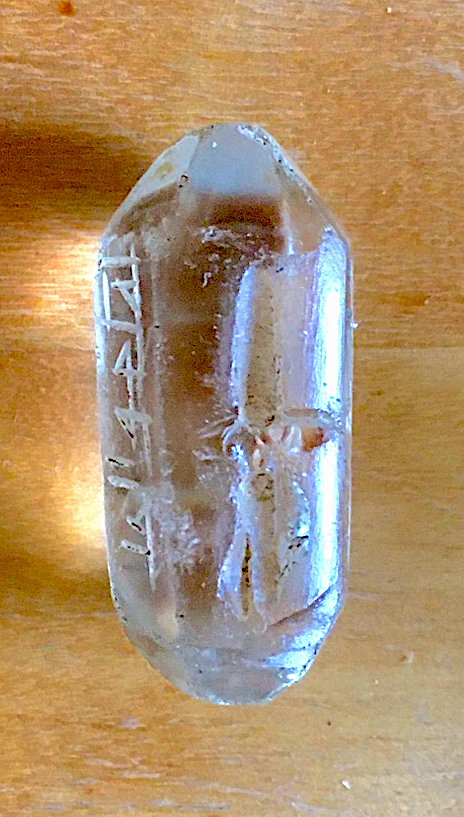Jonathan Weinberg sent in a link to this article — Molly Redden, "How A Luxury Trip For Trump Judges Doomed The Federal Mask Mandate", Huffington Post 6/3/2024:
Buried in the April 2022 ruling that struck down the Biden administration’s mask mandate was a section that was unusual for a court decision.
The outcome itself was far from surprising. Places all over the country were dropping local mask requirements, and the judge hearing this case — a challenge to the federal mandate to mask on planes and other public transportation — was a conservative Trump appointee, U.S. District Judge Kathryn Kimball Mizelle for the Middle District of Florida. Mizelle ruled that the Centers for Disease Control and Prevention’s mask requirement overstepped the agency’s legal authority.
What was eye-catching was her explanation of why. In her ruling, Mizelle wrote she had consulted the Corpus of Historical American English, an academic search engine that returns examples of how words and phrases are used in select historical texts. Mizelle searched “sanitation,” a crucial word in the 1944 statute that authorizes the CDC to issue disease-prevention rules, and found it generally was used to describe the act of making something clean. “Wearing a mask,” she wrote, “cleans nothing.”
Searching large linguistic databases is a relatively new approach to judicial analysis called legal corpus linguistics. Although it has gained in popularity over the last decade, it is barely discussed outside of an enthusiastic group of right-wing conservative legal scholars. Which raises the question: How did this niche concept wind up driving such a consequential decision in the country’s health policy?
Read the rest of this entry »


